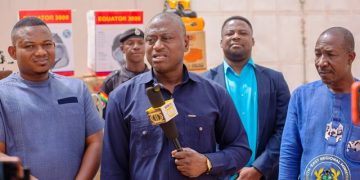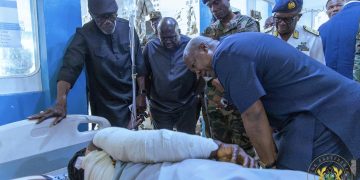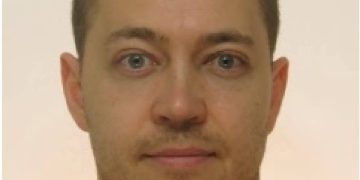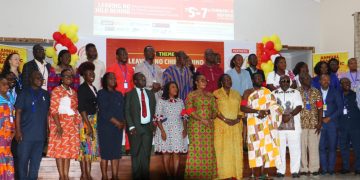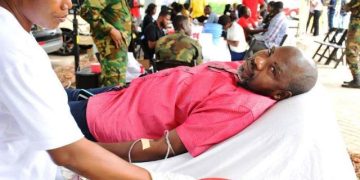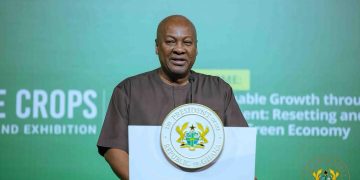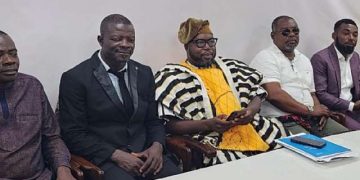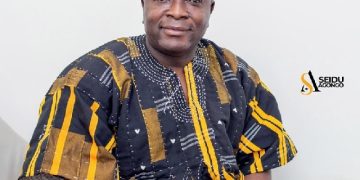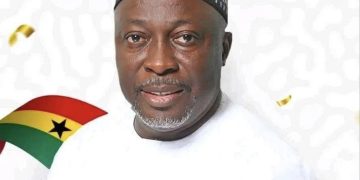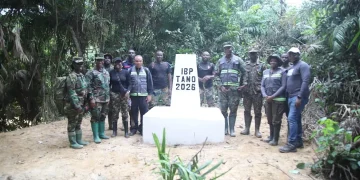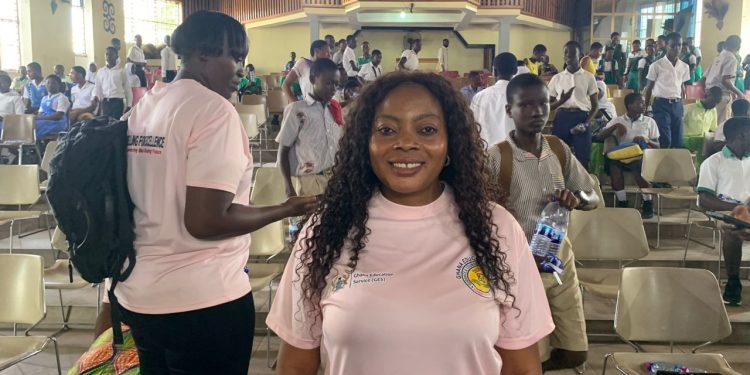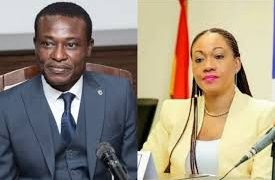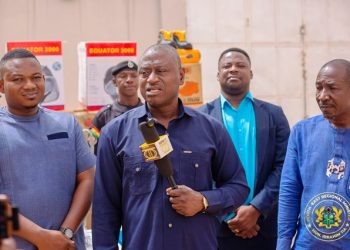Guidance and Counseling Coordinator and Moderator of a peer support session, Akosua Boaduwaa Senya, has underscored the importance of peer support groups in helping students overcome cognitive distortions, particularly in relation to their fear of subjects like Mathematics and Science, as well as issues like shyness.
During the session in Kumasi, Ms. Senya explained that peer groups consist of individuals with similar experiences, emphasizing the need for students to form support groups to address challenges that can lead to distorted thinking.
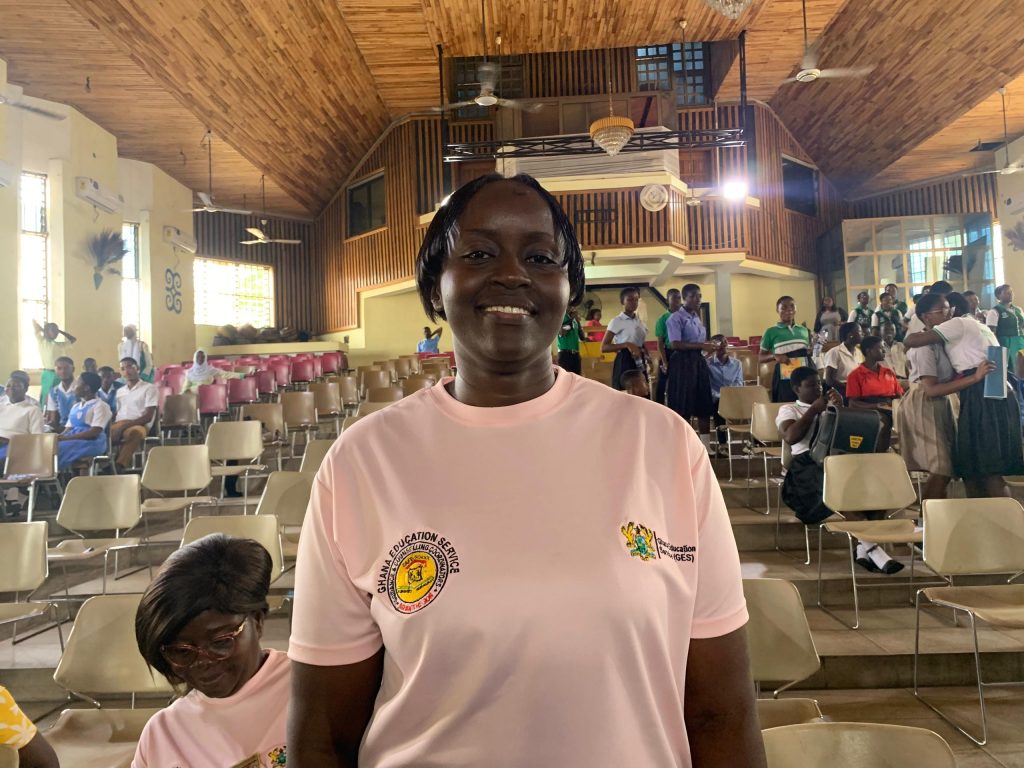
She highlighted how cognitive distortions, such as fear and anxiety around certain subjects, can hinder students’ academic performance and overall confidence.
Using the example of students’ fear of subjects like Mathematics and Science, as well as their struggle with shyness, Ms. Senya guided the formation of groups to help students identify their weaknesses and find solutions to overcome these challenges.
Speaking on the issue of shyness, Isreal Kwesi, a student from KNUST SHS and member of the “shy group,” explained that students often feel shy because they fear being laughed at when they make mistakes in public.
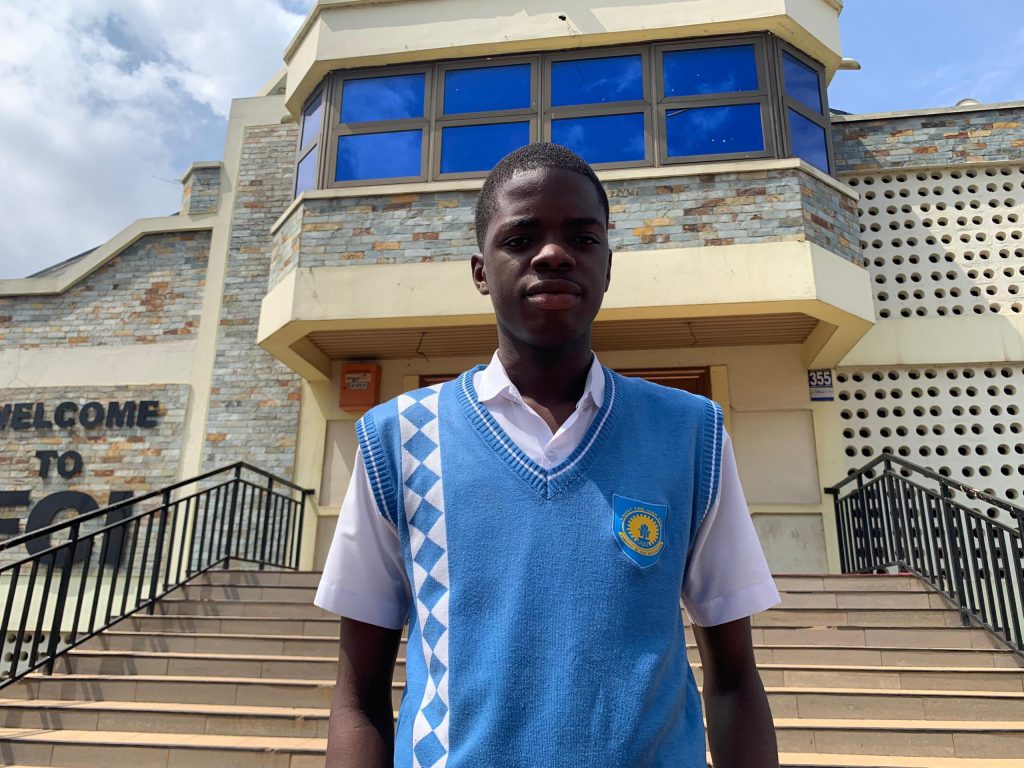
“Mistakes are meant to be made during speaking, but colleagues would laugh at anyone who makes this mistake – even teachers are laughed at,” Isreal shared.
“When one comes out to speak and mistakes are made, fingers would be pointed at you for recognition,” he lamented.
However, he also pointed out several strategies for overcoming shyness, including participating in student conferences, engaging in counseling sessions, public speaking, and group activities.
“Speaking in public boosts one’s confidence level, which encourages people to take leadership positions,” Isreal added.
Another student, Annabel Opoku Esther from St. Louis SHS and the leader of the “maths phobia” group, identified complex calculations and the pressure of mathematics as the key factors behind students’ fear of the subject.
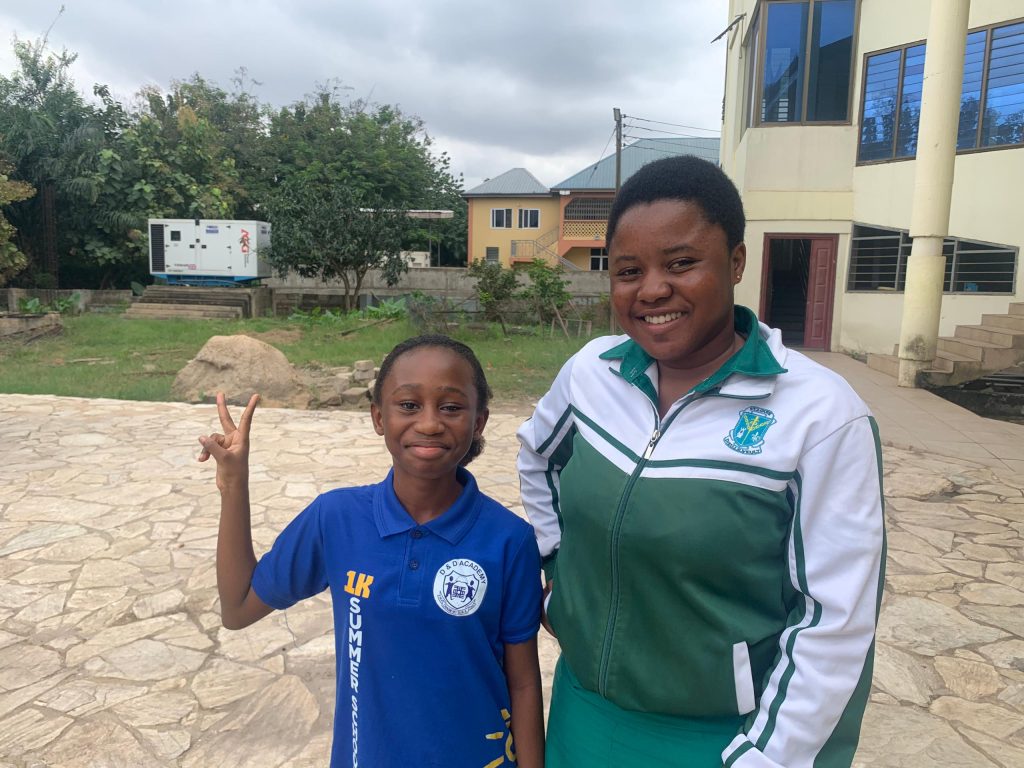
“Some students fear mathematics because of the pressure that comes with the calculations and strict mathematics teachers,” Annabel explained.
She emphasized the importance of students developing personal study timetables and practicing math calculations at home to improve understanding.
“If a student is taught a topic without understanding, the person must do their own calculations at home with the aim of understanding it, and tell yourself that you can do it,” she advised.
Fredericka Abena Dadzie, a student from DND Academy, sent out a message for all mathematics teachers, urging them to make lessons more engaging.
“Teachers are to make the subject funny for it to stick in our minds. For example, teachers should draw funny things on the board for calculations,” Fredericka suggested.
Students who expressed a fear of Science voiced concerns about the lack of practical tools and equipment for hands-on learning. They emphasized that Science, as a broad subject, requires consistent practice, which is often hindered by the absence of laboratories.
“In Ghana, the practical aspect of science is not done practically but theoretically,” said Abigail Atia, one of the science-phobic students.
Gambit Halimatu Sadia, a student of Kotei Roman Catholic School and also a member of the “science phobia” group, appealed to the government to improve the situation by providing schools with adequate laboratory facilities.
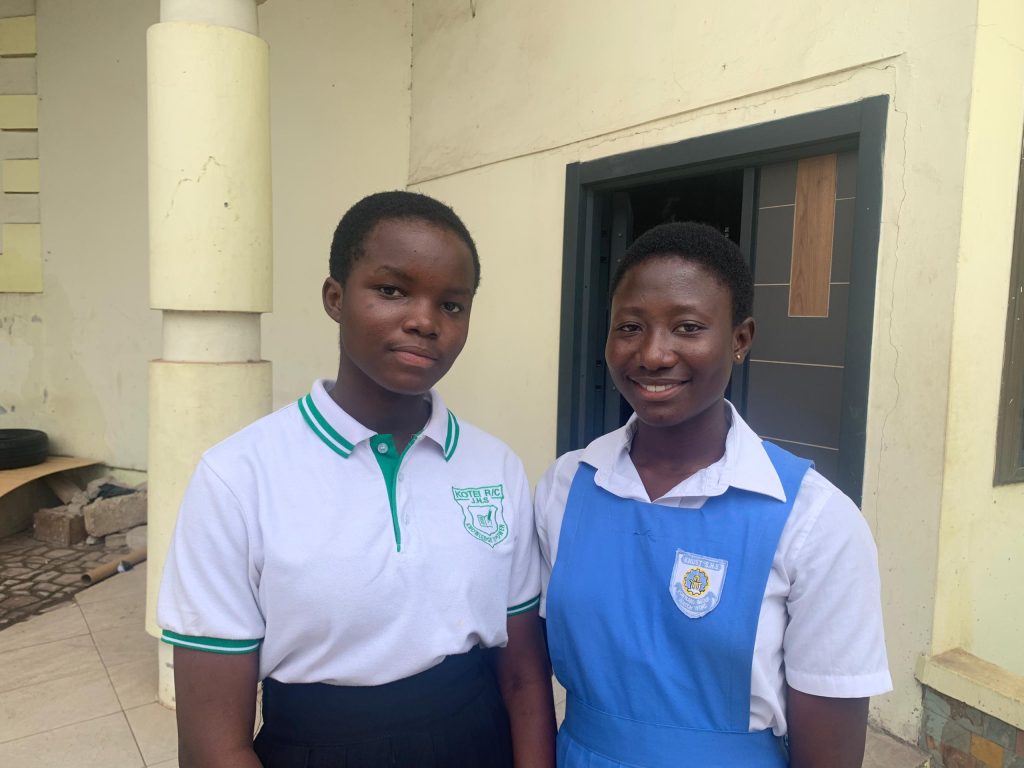
“We are pleading with the government to provide science laboratories for schools so students can participate in every practical aspect of science,” Halimatu said.
The event showcased the significance of empowering students to create peer support groups to confront cognitive distortions, particularly regarding fear of certain subjects and other challenges that impede their academic and personal growth.
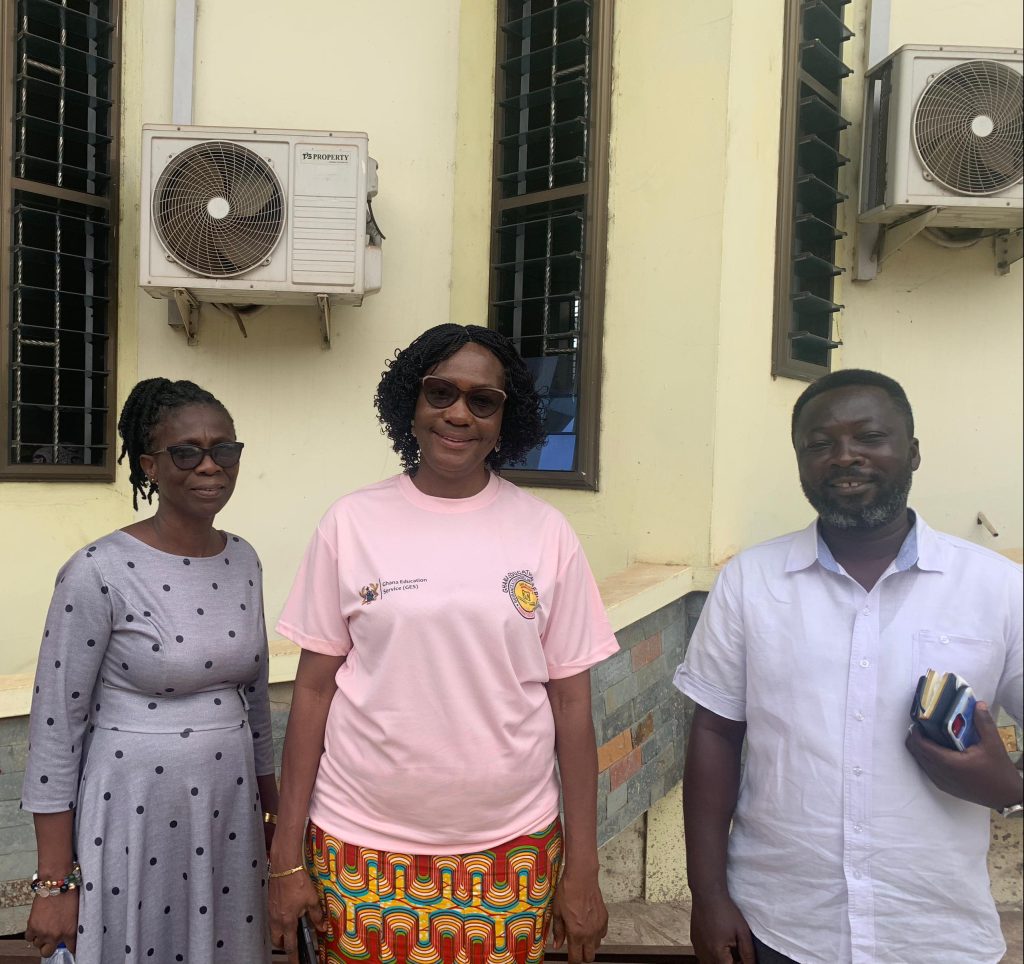
Source: www.kumasimail.com/ Loretta Boamah


